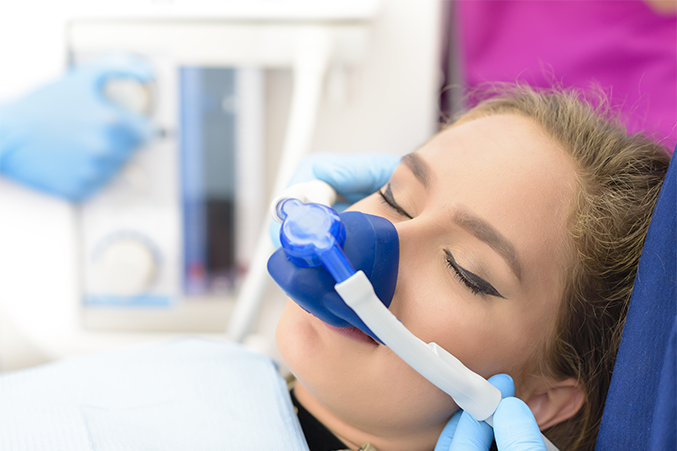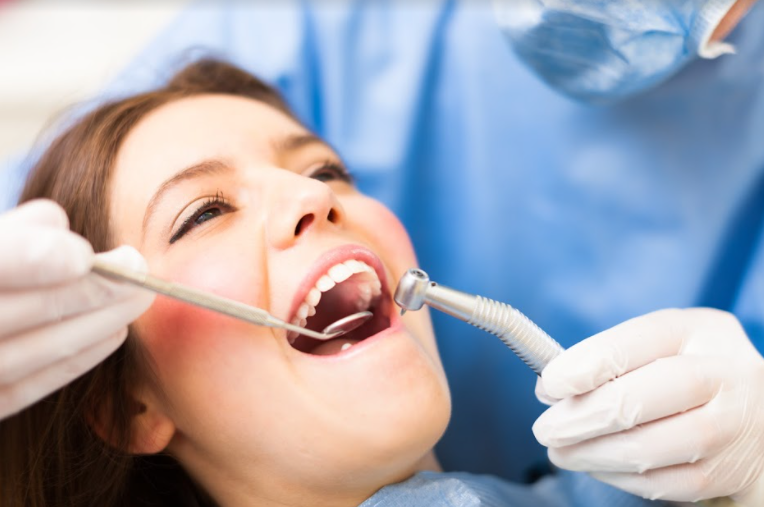Mouthwash May Reduce Coronavirus Transmission
_0_o.jpg)
Mouthwashes, and particularly those that contain chlorhexidine, not only help keep teeth and gums clean and healthy -- but may also help reduce the transmission of coronavirus.
New research has shown that mouthwash can:
- Significantly reduce the amount of virus in saliva
- Reduce the risk of transmission
- Alleviate the effects of coronavirus
It is now common practice for a dentist to insist patients use mouthwash prior to a dental appointment in order to decrease the viral load in the mouth -- to minimise the risk of transmission from patient to dentist or close contacts.
Read more about the benefits of mouthwash at https://yourdentalhealthresource.com/could-mouthwash-reduce-transmission-of-covid-19/

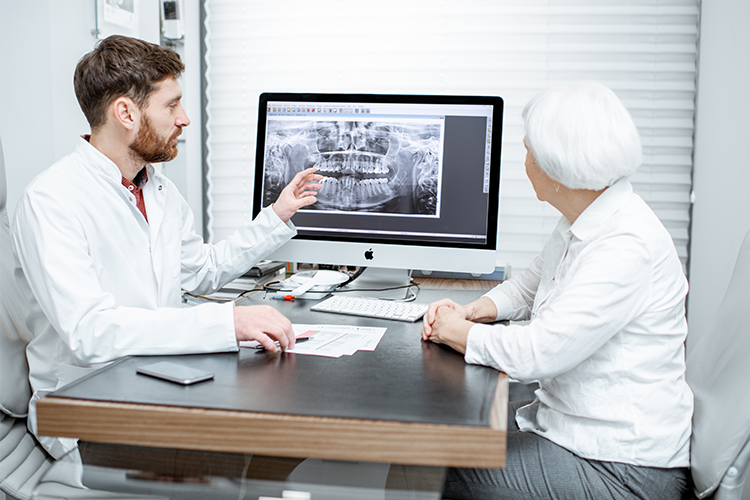


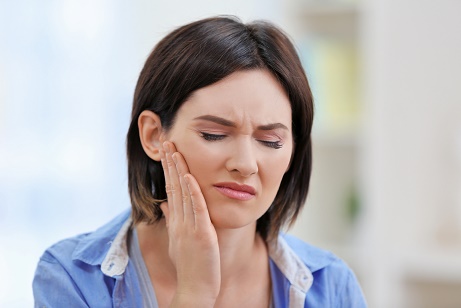
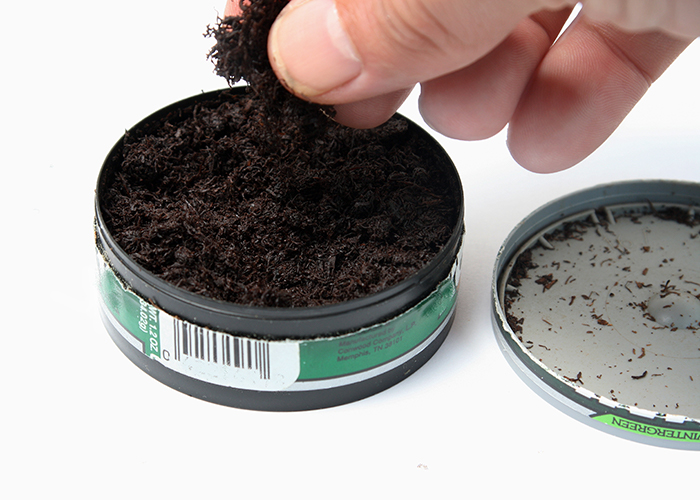
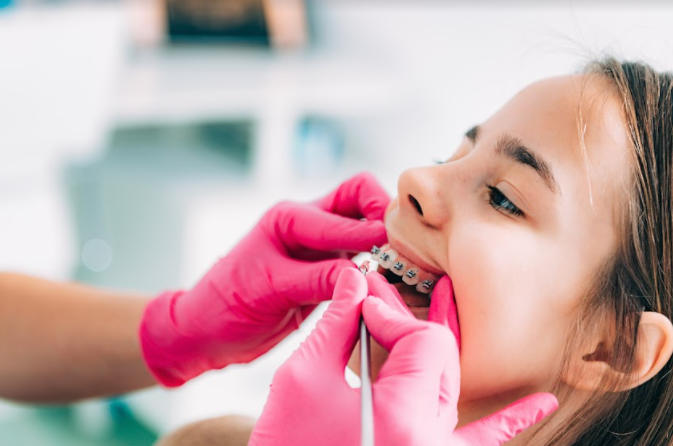
_0_o.jpg)
